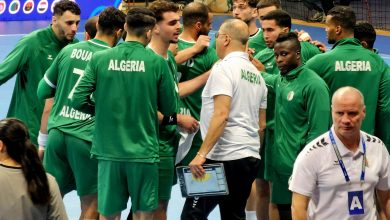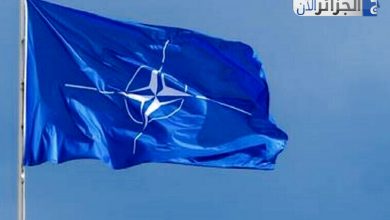In a significant turn of events during the Confederation Cup semi-final first leg held at the July 5, 1962 Stadium, Union of Algiers was set to face Morocco’s Renaissance Berkane. However, the match was abruptly cancelled due to Berkane’s refusal to enter the pitch, despite Union of Algiers and their coaching staff being ready and present on the field.
The director of sports for Union of Algiers, Toufik Kourichi, informed the press that while his team was prepared and on the pitch at the scheduled time, the opposing team chose to remain in the locker room. This refusal to play not only contradicts the regulations governing football under the Confederation of African Football (CAF) and FIFA but also led to the officiating referees, led by Mauritanian Abdel Aziz Mohamed Bouh, declining to enter the field.
Kourichi added that, according to the rules governing club competitions, Union of Algiers should be considered as having advanced to the next round, pending official confirmation from the continental authority in the coming days. He noted that CAF has previously dealt with similar situations during club competitions.
Article 16, paragraph 11 of the CAF regulations stipulates that if a team withdraws from the competition, does not show up for a match, refuses to play, or leaves the field before the end of the match without the referee’s permission, it shall be deemed to have lost and will be permanently disqualified from the competition.
The match was initially set under ideal conditions at the Mohamed Boudiaf Olympic Complex in Algiers. However, it was disrupted by Renaissance Berkane’s objection to play due to their insistence on wearing jerseys featuring a contested map of Morocco, which includes the territory of the Sahrawi Arab Democratic Republic—a depiction not recognized by the United Nations. Such actions are in direct violation of international sports laws that prohibit any political or religious symbolism in sport.
FIFA’s Law 4 concerning team uniforms states that “the equipment must not have any political, religious, or personal slogans, statements, or images. Players are prohibited from displaying any political, religious, or personal advertisements on their kit, except for the manufacturer’s logo.” Furthermore, Article 50, paragraph 2 of the Olympic Charter prohibits any political, religious, or ethnic advertising within Olympic venues or related areas.
This incident not only overshadowed the semi-final match but also highlighted the stringent regulations that govern international sports, particularly the restrictions against the display of political symbols in the sporting arena.
For ongoing updates, visit dzwatch.dz.



